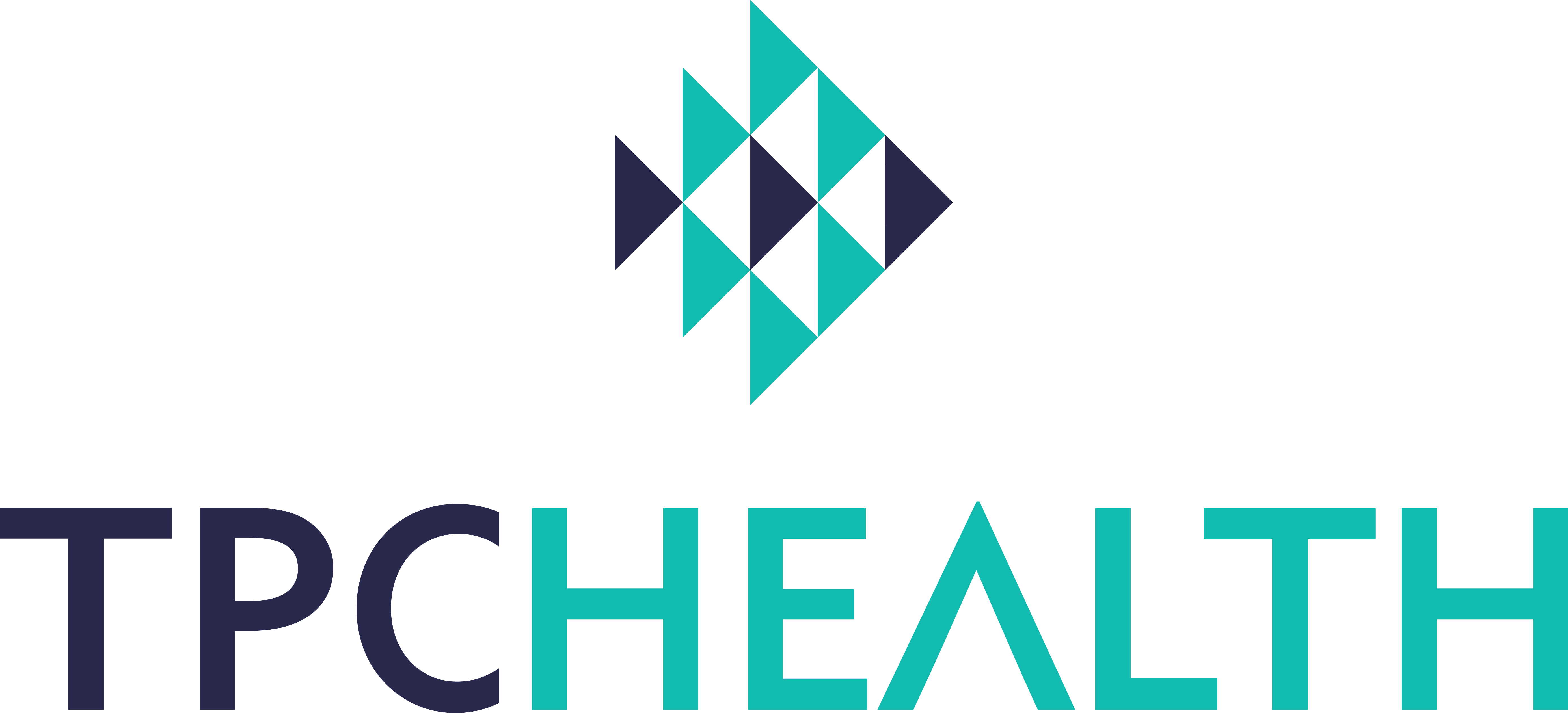Having worked in the NHS and continuing to talk regularly to people still working in the system, it feels like an overwhelming time, with increasing workloads, fewer resources, and an ever-growing backlog for treatment. At times like this it is natural to question the impact we are making in our roles and feel as though despite our best efforts we are still not meeting our patients’ expectations, and that sometimes those expectations are drifting further from our own.
We might therefore reasonably respond to the current situation with frustration, trying to work even harder, even giving up, but these are recipes for burnout. Others may fall back on their traditional approach to patient care, of telling their patient what to do, making decisions for them, and choosing the health goal for them to work towards. All with the best intent, and in the hope of making the most of the time they have available with the patient. In the long run though, both patient and clinician, are unlikely to see the change they desire.
In times like these it can be difficult to see what we could do differently or a change that will make any tangible difference, but so often the answer might be right there in front of you. Or maybe more aptly, on the tip of your tongue.
The conversations we have with our patients matter; great conversations are more than just an information exchange. They can build or transform relationships and health behaviours to benefit patients, staff and the NHS. Whether it is on the ward, in an outpatient clinic, or at the point of discharge, by using a health coaching approach, it gives us the opportunity to have a different type of conversation. One that can enable practitioners to get the most out of their roles, and patients to thrive, feel more motivated and in control of their lives so they can get the most out of their health and wellbeing.
Coaching in a health and care context is more than just teaching clinicians and practitioners some coaching skills, and our model of health coaching takes it beyond that and supports the workforce to be able to use their vast clinical knowledge and experience with a coaching approach to deliver personalised care and enable their patients to make behavioural and healthier lifestyle changes.
Health coaching is often associated with primary care, and this has been proven to be a very effective place to have conversations that support behaviour change. However, health coaching can be equally effective in acute, community and social care settings. In fact, with the right training anyone can learn to develop a coaching approach and mindset and apply it to different professions, settings and groups of patients. From our work of training thousands of health and care practitioners we have heard stories of it being used across a range of pathways and services, from early implementation of rehabilitation in hospital, to medicines concordance on the ward and discharge, through to changing the conversation about pain management. And importantly we have heard how patient outcomes have changed and improved, and practitioners have reinvigorated their skills and enthusiasm for their roles.
The health coaching approach may not be able to solve all the problems with our health and care system, but it can go a long way in supporting our workforce to regain a sense of control and satisfaction in their roles, whilst supporting patients to be in a better position to manage their health and wellbeing.
